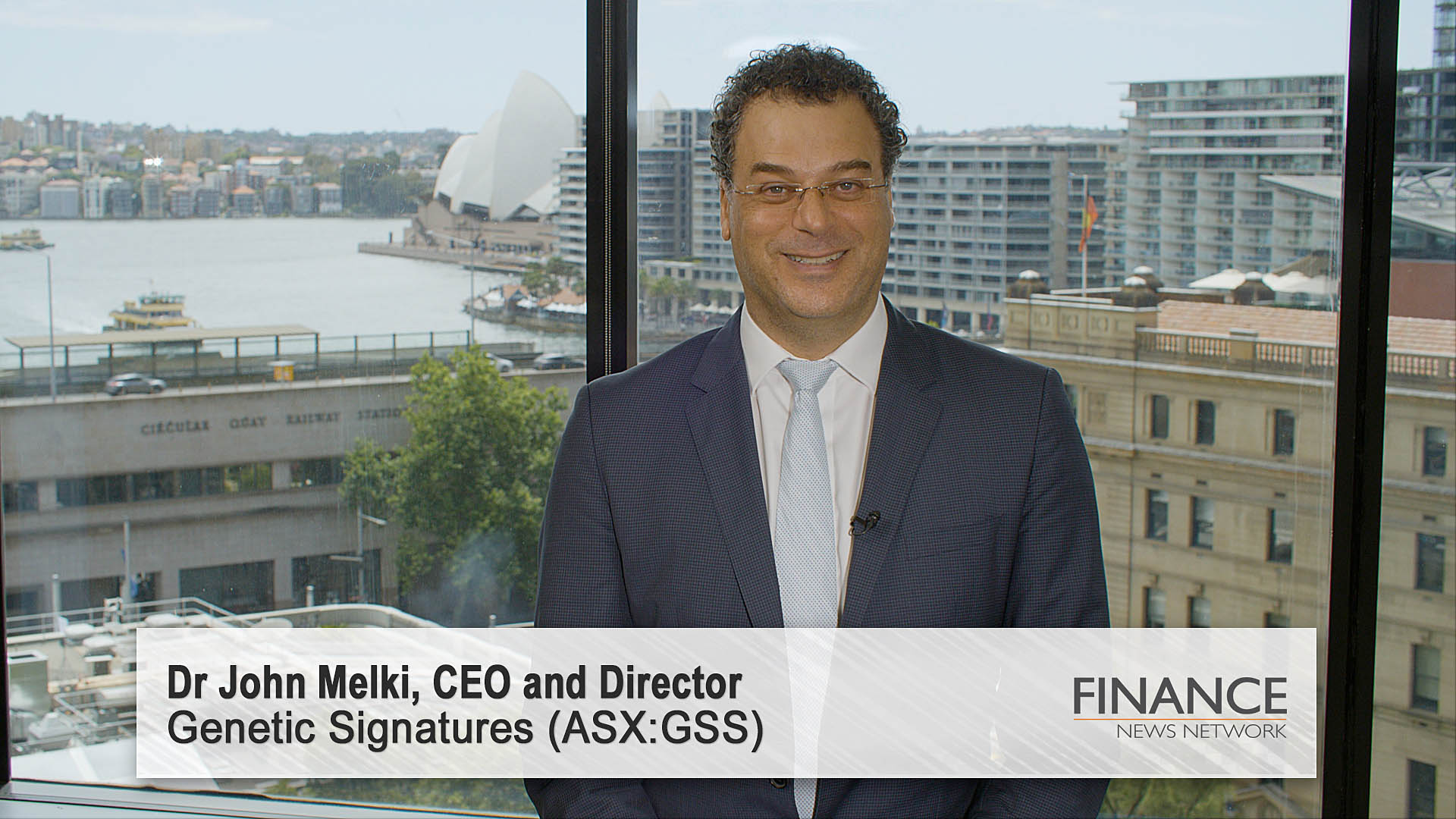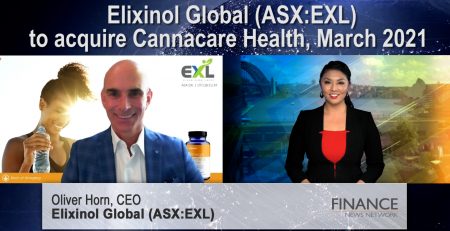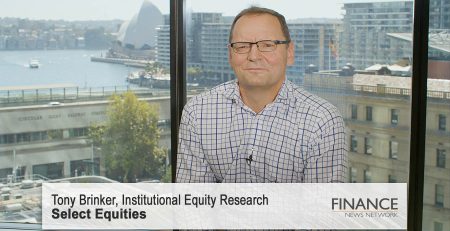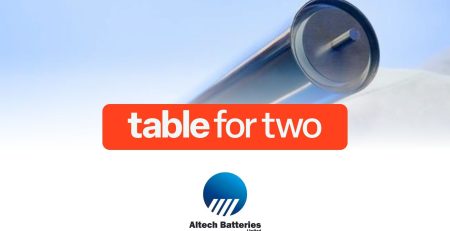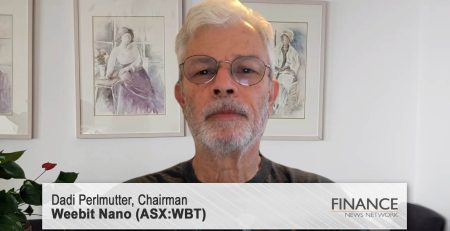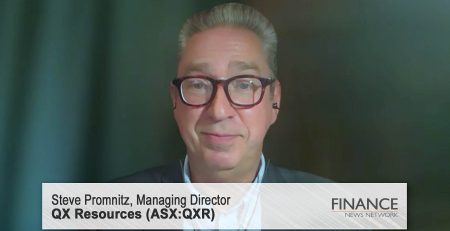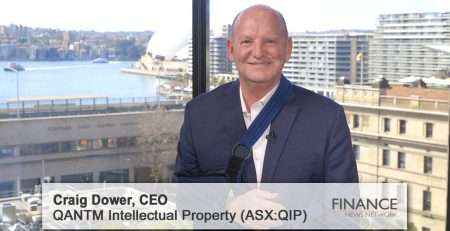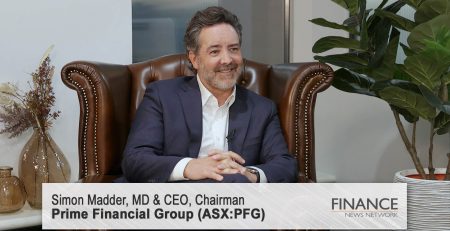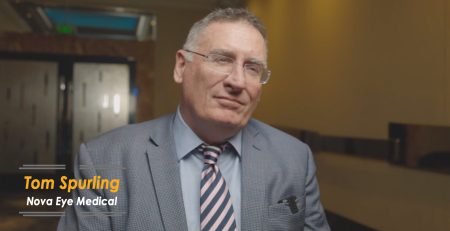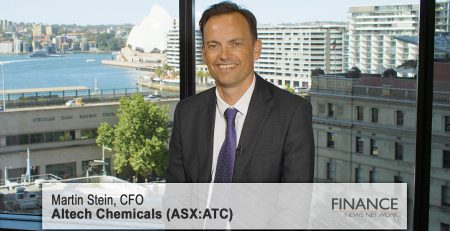Genetic Signatures (ASX:GSS) – detecting infectious diseases in high-throughput lab workflows
Genetic Signatures Limited (ASX:GSS) CEO and Director Dr John Melki discusses the company's technology, business model, 2022 highlights and outlook.
Lauren Hayes: We're talking today with Genetic Signatures Limited (ASX:GSS), market cap of $104m. GSS is a molecular diagnostics company focused on the development and commercialisation of its proprietary platform technology, 3base. We're joined today by Dr John Melki, CEO and Director. John, welcome to the network.
Dr John Melki: Thank you.
Lauren Hayes: For those that aren't familiar with GSS, can you give us a bit of a background of the company?
Dr John Melki: Of course. Yeah. So, Genetic Signatures is a technology company. We're a healthcare company. So, we're focused on the detection of infectious diseases. The reason we focus on that is it's a leading cause of death. Most people don't realise quite the extent of it, but antibiotic resistance in bacteria, for example, claims nearly ten lives per minute around the world. It's not just the third world. In the US, they lose a life every 15 minutes. So, Genetic Signatures is using our own technology called 3base, which we developed here in Australia, to make tests that are better able to detect microorganisms or the bugs that make us sick. It's a very novel way of detecting these organisms. It's a molecular test, so we detect the DNA or the RNA of the organism directly as opposed to traditional methods, and that's all that "molecular" means. But what 3base does is we actually change the genetic sequence before detecting it. And the reason we do that is to reduce complexity or to reduce heterogeneity in the detection of the organism. So, the goal of any diagnostic company is to pick up all of the variants, and that's something that 3base is resistant to because we change the DNA code.
Lauren Hayes: And, John, can you shed some light on what Genetic Signatures' customer base and business model involves?
Dr John Melki: So, Genetic Signatures designs and manufactures the test kits based on our technology, 3base technology. So, we sell them to our customers, who are pathology labs. So, they're the labs that you might send your blood samples to or your respiratory samples to. So, they buy kits from us. It's a very simple model. They buy them in lots of 500. That's 30-day terms. And that's really the end for Genetic Signatures. Our customers then run the test, and these are high throughput customers. So, we've embodied 3base technology into high-throughput workflows because we saw there was a need for… While some people can screen 200 people for one organism, it's hard to screen 200 people for 20 organisms. So, we focused on that high-throughput, but also ensuring that we have that really broad coverage of potential infections. So, our customers are able to do 5,000, even 10,000 patient samples a day with our test kits and with our automation.
Lauren Hayes: And, John, could you please give us an update on GSS' progress over the last 12 months?
Dr John Melki: We've recorded our best year on record, so that was $35 million in annual revenue. We've expanded our customer base, so not only in Australia but also into Europe, and we're focused on entry into the US, because it is the biggest market in the world. It's around 40 per cent compared to Australia's 1 per cent, and that involves clinical trials. So, we recently announced that we finished recruitment of the trial that's required to put our first product through the FDA clearance process. We've been working on an instrument as well, a custom instrument, which will allow our users, our customers to simply take a patient sample, put it in our instrument, and it will do all the processing for them and report the results back into the hospital system with very minimal hands-on time.
Lauren Hayes: And, John, can you tell us how you've tackled the transition out of COVID testing back to routine screening?
Dr John Melki: That's a great question. So, routine screening for us is looking for multiple organisms in the one patient sample, and that's what we call syndromic testing. It's very important, and I think a lot of your viewers will understand, that if they had symptoms in the last two years and went for a test and they were told they didn't have COVID, it leaves them asking questions like, "Was the test right? Should I repeat it? If I don't have COVID, what do I have?" It was an important test to get us through the pandemic, but routine testing for us is not only looking for COVID, it's looking for 14 or 15 other respiratory targets. And we had those kits before the pandemic. They had regulatory clearances in Australia, in Europe. That was our core business. That kit also includes the four common coronaviruses that existed before SARS-CoV-2, so it was very easy for us to extend our tests with our 3base technology to detect SARS-CoV-2. And that's been very beneficial for the company. But now we're transitioning those new customers to doing the full respiratory screening, which we're very well set up for and have had for years.
Lauren Hayes: And, John, what should we be looking for from Genetic Signatures over the next six to 12 months?
Dr John Melki: We're very excited by the next six to 12 months. We're going to continue that expansion into those offshore markets. So, the biggest milestone will be FDA clearance of our first product. We also have a second and third product coming through. We're very much looking forward to keeping the market informed on that instrument development. It's about two years away, but we're certainly going through the important phases now to have an instrument that will resonate with our customers. And new products. New products are very important for a company like us. They're revenue-generating. The instruments are the printer in the printer and cartridge model, if you like, and our test kits are the cartridge. The majority of our revenues come from our respiratory detection kit and our enteric detection kit, but we've got seven other kits that are either coming through the pathway or even have just received regulatory clearances. So, we're very much looking forward to keeping the market informed as we get those clearances, which opens up new customers for us in those territories.
Lauren Hayes: Well, John, thank you so much for your time.
Dr John Melki: Thanks so much, Lauren.
Ends
Copyright 2022 – Finance News Network
Source: Finance News Network

